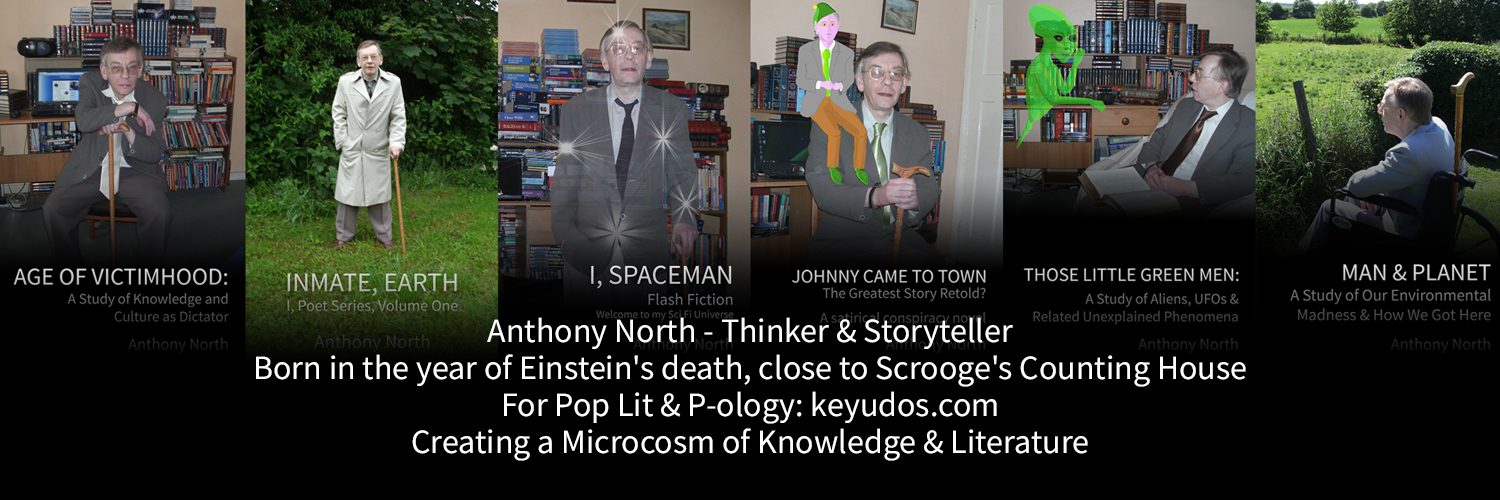
Democracy is the best political system but has yet to be understood. Born out of individual empowerment, it can only thrive in an ideology which shares this value. Hence, democracy is actually the political arm of capitalism, and can only work in a capitalist system.
single systems
This said, single systems are always wrong. They lead to tunnel vision and totalitarianism. Hence, a true democracy should always have differing systems below the political ideal, be they religious, philanthropic or socialistic.
Similarly, democracy provides no meaning or moral ethic against excess, so underlying systems are required to define these influences.
 fanatics
fanatics
There is always a danger of such influences becoming fanatical. This is always wrong. Indeed, there could well be a ‘law of opposite effect’ which states: the more fanatical a person or system, the greater the chance of it achieving the opposite effect.
Hence, essential to all systems is the requirement of moderation and tolerance to other systems. Any system should be seen as nothing more than a guide.
However, balanced debate requires such systems to be vocal. Non-vocal debate – as seen in centre ground politics – does not achieve this, resulting in extreme law. Vocal debate irons out all issues and actually leads to moderate law.
 parties
parties
Counter to true democracy is the political party. Parties infiltrate underlying systems into the legislature where they do not belong. Further, parties offer careers to members and inhibit members’ freedom of speech. These influences take away their loyalty to electorate and conscience, and lead to a system having overall power in society.
Parties should be degraded by the instigation of a system that encourages independent parliamentarians. Such representatives would guarantee greater debate and whittle away the power of all parties.
ratio
Another important factor is the ratio between representative, electorate and legislature. If a parliamentarian represents too many people to allow adequate access, he is divorced from the people and a single system will be his primary concern.
Similarly, if a legislature has too many parliamentarians, it becomes nothing more than a rubber stamp for an over bearing executive. As I see it, the very maximum of people per representative is 100,000, and the maximum number of parliamentarians per legislature is 600. If either of these numbers is higher, the balance shifts from the people to the system, and democracy moves towards totalitarianism.

PARTY POLITIC
MicroEssay on the dangers of, &
remedy to, political parties
***
Ch 1. Everyone push a button & vote. This is direct democracy. Don’t like a minority? Get rid. Direct democracy is tyranny – lynch mob rule.
Ch 2. Representative democracy is better. You loan your sovereignty to an MP you vote for. Elected, they make decisions for you. Yeah, right!
Ch 3. We think an MP does as he believes – except he doesn’t. He’s tied to the undemocratic force that destroys democracy. A Political Party.
Ch 4. All parties have disciplinarians who demand loyalty to the party line. He votes, not for the people, but a hierarchy.
Ch 5. An MPs main concern should be doing right for the country. But parties offers promotion. He’s a career animal, not a free agent.
Ch 6. An MP should represent a local community. Yet often they are non-local party placements. There’s no allegiance to community; just party.
Ch 7. A political party is the voice of a ‘system’, rather than people. When a ‘system’ is all, people are unimportant; & ideologies clash.
Ch 8. A ‘system’ is geared to economy. Take capitalism today. We’re made to think it’s the only form. Parties stunt debate & are undemocratic.
Ch 9. Political Parties now form an elite club. Politics is now done by middle ground managers, interested only in keeping the status quo.
Ch 10. All the above lead to bland debate, the issues not properly looked into. The result is that laws are wrong & people disenfranchised.
Ch 11. What’s the answer? Encourage Independent MPs! With no career, whip or system predominant, they’d think of people & debate thoroughly.
Ch 12. With lively debate once more in Parliament, problems would be thrashed out, people would be interested & laws would be good & moderate.
Ch 13. How to get them? It begins with the idea. Make it viral. Grasp media interest. Then proper candidates would come forward.
Ch 14. If just a 3rd of a Parliament became Independents, conflict would ease & no party or system could ever rule over us again.
